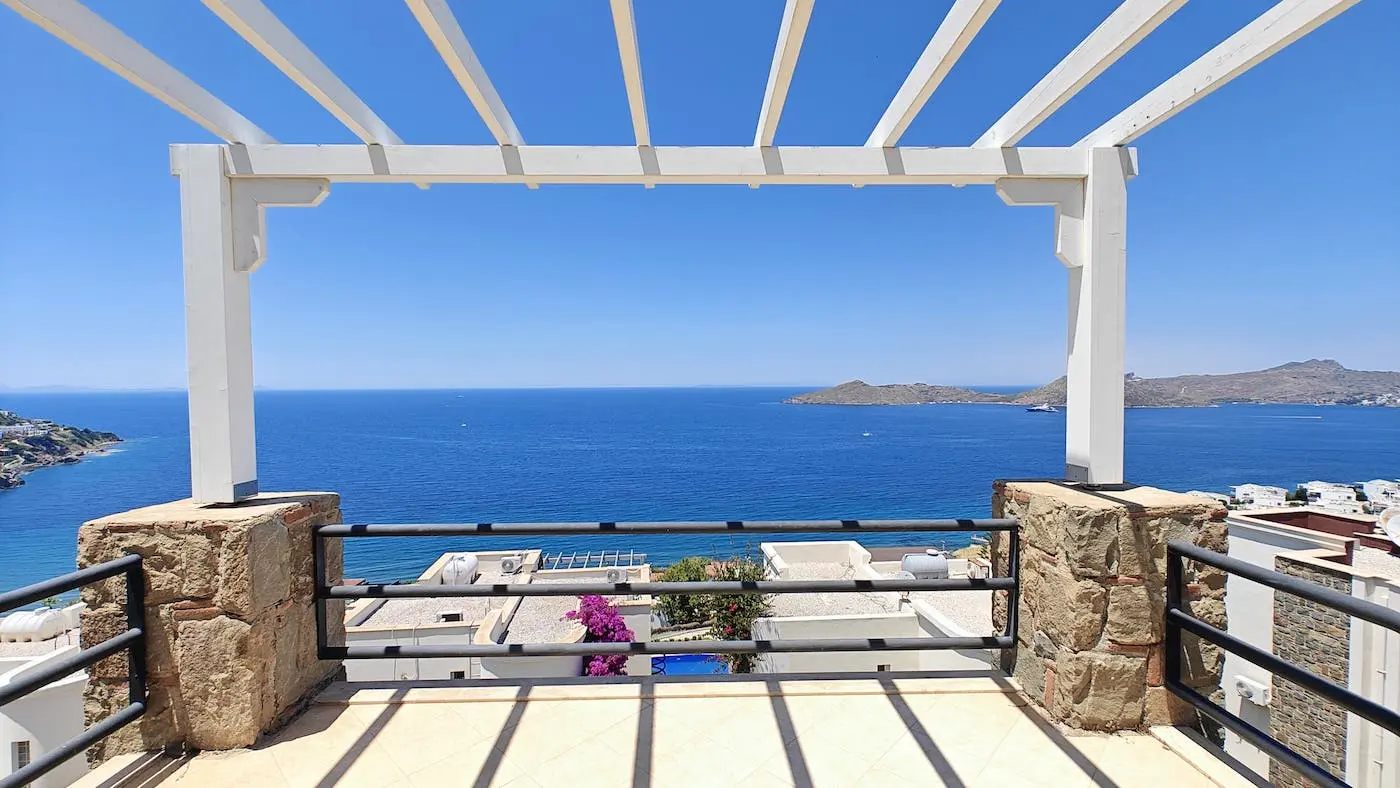Recent attacks on Turkey have sent shockwaves of fear and outrage around the world. The bombings in Istanbul and Ankara which tragically ended the lives of Turks and overseas tourists have had a knock-on effect on numbers visiting the country, with some projections showing that tourist numbers will be lower than last year.
Despite the British Foreign Office advising tourists to simply be vigilant, and avoid travelling to within 10 kilometres of the Syrian border, many holidaymakers looking for sunshine this summer are turning to Spain - even though the Foreign Office reports a “high risk of incident” there.
Airlines are capitalising on the uptick by putting their prices up, and flights to Spain are now almost 80 percent higher than to the Turkish Mediterranean - and expected to climb higher.
However, Property Turkey director Cameron Deggin argues that the reaction has been disproportionate, pointing out the incredibly slim likelihood of being involved in a attack in Turkey and the ongoing risk in all European countries.

"Terrorists harm a few people to scare millions more"
“Like the majority I read the news about the bombings with despair,” he says. “Taking innocent lives is the most cowardly act imaginable.
“This is how terrorists work - they harm a few people in order to scare millions more. Sadly this tactic seems to work, as we’re seeing now.”
Deggin, who divides his time between London and his home in Bodrum, on the Turkish Aegean, emphasised the unlikeliness of being caught up in an attack in Turkey. “Although I absolutely do not blame anyone for being fearful, as it’s a totally natural reaction, it’s worth bearing in mind that each year around 35 million people visit Turkey. The proportion of people who are caught up in any kind of incident is thankfully incredibly small.”
Deggin says the horrific attacks in Paris late last year which killed 130 people show that unfortunately almost every country is at risk. “In the past 15 years we’ve seen attacks in London, Madrid, New York, Washington and Paris. People are still travelling to those places without fear - as they rightly should be.”
Deggin says perhaps the unfamiliarity of Turkey and a lack of geographical knowledge might be fuelling the fear.
“Turkey is a huge country - around three times larger than the UK. The vast majority of the country - we’re talking 99% of the country - has not been affected by any problems. And with the exception of Istanbul, attacks have not targeted tourist areas.
“Nothing has changed. Turkey is still a better value holiday destination than Spain, with amazing food, beautiful beaches and a rich, diverse landscape and history.”

Heike Muller, a German living in Antalya, says expats in the area feel “the same as always” about their adopted home, despite seeing more police officers on the streets.
“People outside the country have a different perception to those who live here,” she said.
“Some 70 million people live in this country, it’s a big place, and the chance of anything happening is very small. I am not worried. No more than I would be in Germany or anywhere else in Europe.”
Heike added that Antalya, along with other coastal destinations, might as well be “a different country”, due to the distance from affected areas.
“Can’t let these idiots dictate our lives”
The news that travellers are turning to Spain in droves has been much commented on on social media.
On Facebook, user Ron McNamara posted: “The people who have posted negative responses about Turkey, have obviously never experienced the hospitality, beauty and culture of that amazing country.”
Pam Smith’s comment addressed the picture of beachgoers packed onto the Benidorm sand like sardines: “If that's an idea of a great holiday packed together on the beach I’d rather stay at home. However we are booked for Turkey in May.”
Paul Lyon emphasised that the perception of danger is often skewed. “Doesn't matter where you go, all it takes is one idiot with a gun and the willingness to use it. That could be in Blackpool or Bodrum. Can't let these idiots dictate our lives. Flights booked for summer in Kalkan already.”
Carol Grant agreed, pointing out that “you don’t have to leave your own country to experience terrorism.”
Joyce Foster said she was looking forward to her trip in June. “I’m not going out of solidarity, or defiance to terrorists. I’m going because I love the country and unlike many who have made knee jerk changes to their holiday I know the risk of an attack is incredibly low.”

What is Turkey doing about security?
President Erdogan this week reiterated his determination to “eliminate all the attacks targeting its lands, people, and unity, at their source if needed”.
He struck out at those who continued to perpetuate terrorism in Turkey, and emphasised his country’s safety. “There are similar problems around the world, especially cities in the western countries,” he said. “Despite the wars raging next to it and despite being a direct target of terror organisations, Turkey is still one of the safest countries in the world.”
In Istanbul, where an attack near the Blue Mosque killed 12 tourists, security has been ramped up. Museums and shopping malls have airport-style x-ray scanners, and the number of police on patrol has been stepped up.








 Istanbul
Istanbul  2
2  2
2 


















 X
X